Trump has pointed out to ‘America First’ policy and tries to protect American market from Chinese goods. In the same context, some experts consider Brexit and rise of right-wing parties in Europe as a failure of process of globalization and rise of a sort of ‘deglobalization’ which highlights national and local values and cultures.
To address the diverse dimensions of this subject, we reached George Ritzer, distinguished University of Maryland professor. Ritzer is well-known for Iranian students for his books on sociological theories.
Among his books in theory are Sociology: A Multiple Paradigm Science (1975/1980) and Metatheorzing in Sociology (1991). In the application of social theory to the social world, his books include The McDonaldization of Society (7th ed., 2013), Enchanting a Disenchanted World (3rd ed. 2010), and The Globalization of Nothing (2nd ed., 2007). His is also the author of Globalization: A Basic Text (Blackwell, 2010). He edited the Wiley-Blackwell Companion to Sociology (2012), The Blackwell Companion to Globalization (2008) and co-edited the Wiley-Blackwell Companions to Classical and Contemporary Major Social Theorists (2012) and the Sage Handbook of Social Theory (2001).
Here is our interview with him:
How do you see the relationship between “nationalism” and ‘globalization’? Would you consider ‘nationalism’ as a major obstacle for the process of ‘globalization’?
As in all things, it is complicated. For example, there can be a positive relationship between them as, for example, in the global trend toward increased nationalism during WW I and II. There could also be a negative relationship as in the global trend away from nationalism after those wars and their disastrous effects. At the moment, of course, the trend toward nationalism is serving as an obstacle to globalization. But these things are dialectical and sooner or later the pendulum will swing back.
Can we see Trump’s election to presidency, UK withdrawal from EU and rise of right-wing parties in Europe as a failure for process of globalization? Or it’s better to regard them as temporary phenomena?
As implied in the answer to question 1, it is temporary (of course, temporary could last years or even decades). I don’t think it’s a “failure” of globalization, but rather another moment in its ebb and flow.
What is the role of religion in the globalization process, given that religions such as Christianity and Islam claim universal values; can we suppose the religion as rival for globalization?
No, religion is one of the most important globalizing forces both historically and contemporaneously. Christianity, Islam, Buddhism, Judaism, and others have globalized and have had a wide-scale impact on the world. I think you are assuming, as most people do, that globalization equals economic globalization, but from my point of view it is one of a number of aspects of globalization (this communication between us is another minor example)
Some countries and cultures resist against globalization, justifying their resistance by the premise that it would devastate cultural diversity in our world; instead, they put emphasis on local values and cultures. Would you think that the localization is a barrier to globalization? Or it can enrich our world and globalization process?
Both! Localization is a barrier to many forms of globalization and in that sense can be a barrier to the enrichments associated with globalization. On the other hand, the local is a source of great diversity and much of that can be, and has been, globalized. Of course, the exclusionary power of the local can limit or eliminate the spread of that diversity.
Does globalization equal westernization or Americanization? Or you recognize a model of multipolar world which includes China, Europe and Islamic-Arabic countries?
No, but they have been the most powerful globalizing forces in the last two centuries. With their decline we will have an increasingly multipolar world. China will be an increasingly important globalizing force, especially economically, in the years to come. Europe is part of the west, but its independent influence on globalization is declining with the problems in the EU. At the moment, at least under Trump, the U.S. is opting for a smaller role globally. Islam has had a powerful effect historically and to this day. Unfortunately, its positive influence today has been obscured by the tendency, at least in much of the West, to associate it, or at least its more radical elements, with terrorism.
Interview by Mohammad Mazhari

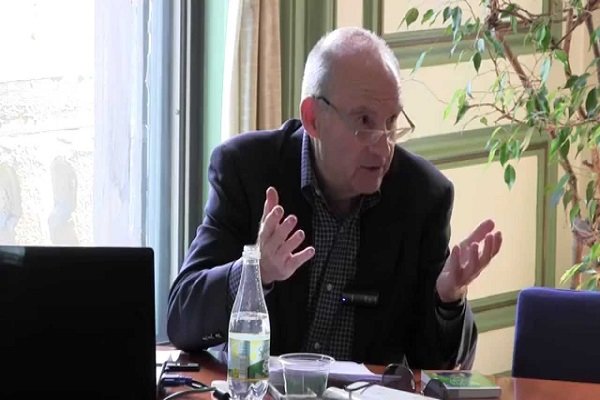


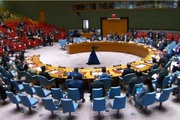
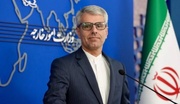






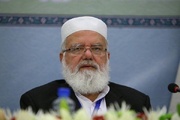





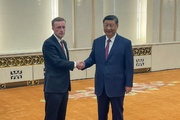

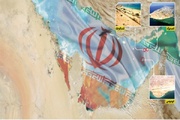


Your Comment